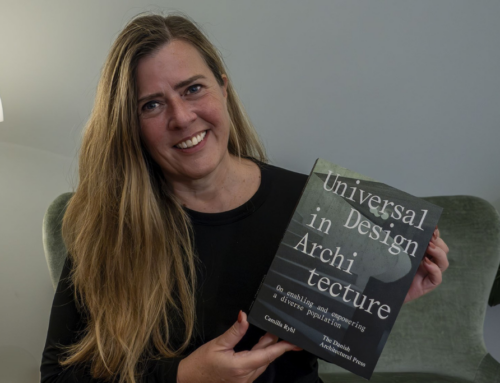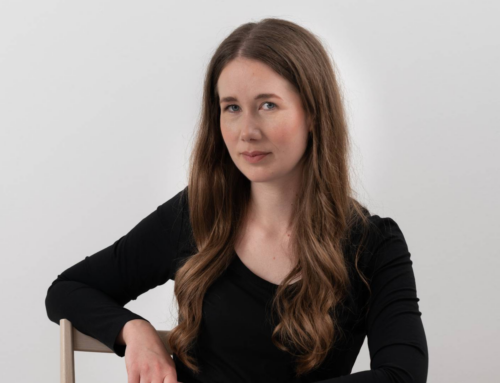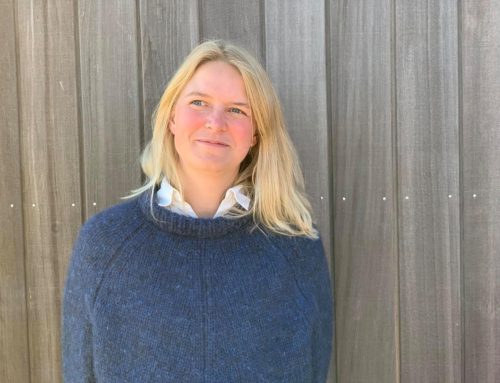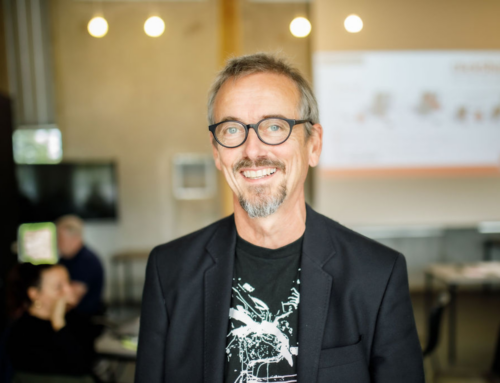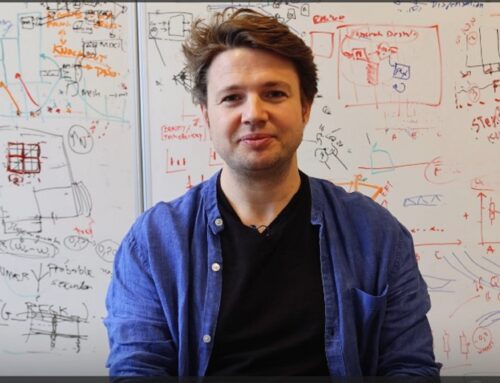
Modern media can promote inclusion and recognition, but also lead to disrespect and unfreedom
Modern media opens up for access to communities and experiences of recognition, but both our digital practices and the digital traces that we leave on the internet also lead to disrespect and more fundamental forms of unfreedom, says media researcher.
by Nanna Stærmose. The article is published on 16/03/2023.
Modern media technologies such as social media have created a more equal and easier access to different communities and potential recognition relations of care, respect and esteem. At the same time, the new forms of communication lead to media-related experiences of disrespect and can also limit our freedom in other ways, because we are also ‘recognised’ in different ways via algorithms.
“The traces that we leave on the internet offer big tech giants the opportunity to resell our data, so that companies can target their marketing directly at us, but this also entails that as an individual I’m perceived in a certain way, that I like certain things because I have searched certain topics, visited certain websites, etc.,” says Leif Hemming Pedersen, PhD student at the Department of Communication and Arts at Roskilde University.
In his PhD dissertation, he researches the role that media technologies and media use play for young people between the ages of 15 and 30 in relation to processes, practices, understandings, and experiences pertaining to recognition. As part of the study, he follows four young people on the media TikTok, Instagram, Discord and Twitch – the latter two are platforms for computer game enthusiasts or gamers. He is a little over two years into his dissertation and has agreed to unveil a few points from his research.
“Social media provides easy access to join very specific communities. For instance, if you love playing Dungeons & Dragons, you can find a community of like-minded people who share your passion. It allows for recognition and respect of your personality, and maybe even love and care,” says Leif Hemming Pedersen.
We create our identity by interacting with others
According to Leif Hemming Pedersen, people seek community because this is where we create our identity. We get to fulfill some basic human needs like recognition and love, and an acceptance of who we are as human beings. Precisely for this reason, modern media, including social media, have great potential. It has become easier to create a space and get a voice that reaches into the world, but along with this opportunity also follow discrimination and hateful comments that are excluding as well. Leif Hemming Pedersen follows a young woman who is a football freestyler and who communicates with her fans through the medium TikTok. She is also a Muslim and wears a hijab, which from time to time gives rise to negative reactions in her commentary.
“She uses the medium to create her own community. Through her community she earns recognition and respect, but also disrespect from those who either think she should take off her hijab because she lives in Denmark or from those who do not think that she is a ‘real’ Muslim because she plays football,” says Leif Hemming Pedersen.
And this very young football freestyler is an example of how it is also possible to handle those hateful comments – the so-called ‘haters’. For example, she sometimes confronts them with both serious messages and humour by using TikTok’s options to respond through videos with underlying music.
“Many young people are actually really good at blocking their haters or confronting them in struggles for recognition. In this way, they are also good at taking care of their communities and each other, and staying true to themselves,” says Leif Hemming Pedersen.
The tech giants have a responsibility
Modern-world technology and platforms thus provide good opportunities for individual self-realisation and the freedom to say yes or no. However, according to Leif Hemming Pedersen, it can also limit individual freedom when in the digital world we are perceived as having a certain identity through data profiling or a search for certain forms of recognition and ‘likes’, etc. The researcher has an important point here. The problems that come in the wake of the digital age should not be directed back at the users, in this case the young people. It is a structural problem.
According to Leif Hemming Pedersen, the arrow points to the big tech giants. Ultimately, they are the ones who with their algorithms determine what is being exposed, hidden and ‘recognised’ and thus what is perceived as ‘right’ and ‘wrong’.
“They have a great deal of responsibility for how our socialisation on the digital platforms takes place, it is not only the individual user who lays down the framework for what includes or excludes others,” he says.
And because the media are so integrated into our lives nowadays, we need to relate to how they affect our daily lives.
“The way we are represented – in and through the media – is a big part of how we feel about our connection to the surrounding community. This way, the media play a prominent role in relation to whether we feel included or excluded in a broad sense”, says Leif Hemming Pedersen.
Recommendations for additional reading
I would probably recommend the social-theoretical “neoclassical” Struggle for recognition: the moral grammar of social conflict by Axel Honneth, who is probably the most influential theorist of recognition. The book is originally from 1992 (in German) but was translated into Danish in 2006.
In addition, you can read more about media and recognition in the book Recognition and the Media, written by Brazilian researcher Rousiley C.M. Maia and a number of her colleagues in 2014, which analyses topics such as media use among various people with disabilities.
Leif Hemming Pedersen
PhD student, Department of Communication and Art
Researches the role that media technologies and media use play in processes, practices, understandings, and experiences pertaining to recognition.
Plans to complete his PhD dissertation by the end of 2022.
Member of the Bevica Foundation’s interdisciplinary research network
Read more research profiles
